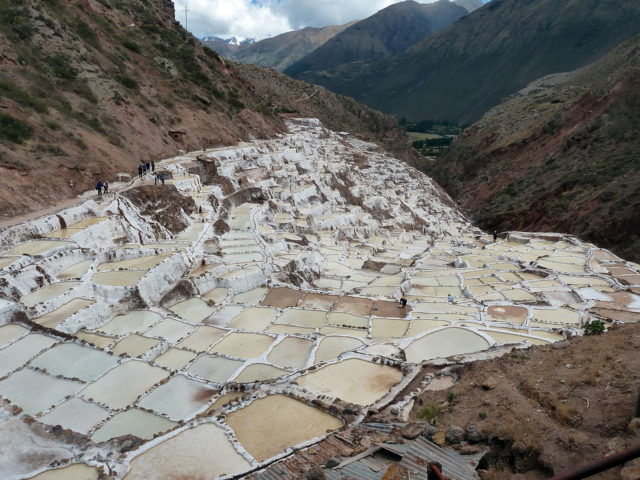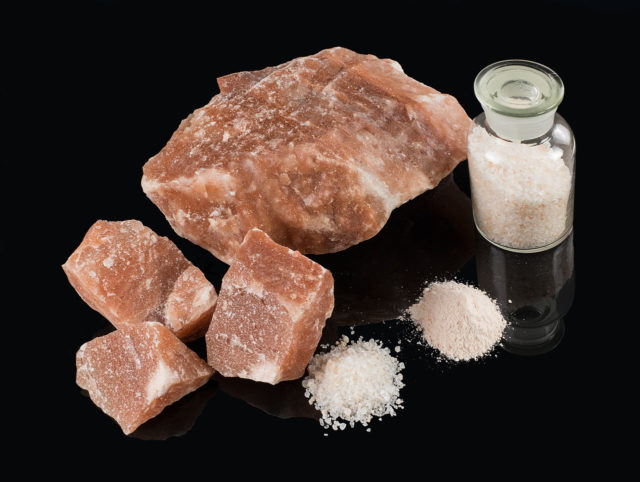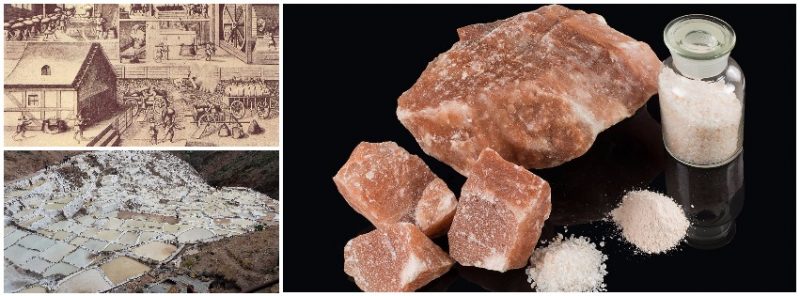Sodium chloride–what is it? An ionic compound made of sodium and chloride ions commonly called salt. It’s something every person on the planet knows. But have you ever wondered when humanity started using this mineral?
We cannot know. Salt’s profound impact on human civilization spans recorded history, and in fact, precedes it. It has certainly been a part of human existence from our very beginning. Neolithic settlements were formed around salt springs. Salt was essential when mastodons roamed the Earth and was in general use many, many centuries ago. But this valuable item wasn’t always easy to get.
During the early days of the Roman Empire, salt was used as a form of payment. Etymologists believe that the word salary came into use during the Roman Empire when soldiers were regularly paid with a handful of salt. In fact, this precious commodity was part of the reason the Romans built their roads: As the empire grew, so did the need to transport salt back to Rome to support its burgeoning population. A good example is the Via Salaria, which was used to move salt from the salt pans at the mouth of the Tiber at Ostia to Rome itself.

Solnitsata, in Bulgaria, is thought by many to have been the first city in Europe. It was originally a salt mine that provided the area now known as the Balkans with salt for many centuries starting at 5400 BC. Even the name, Solnitsata, means “salt works.” All across the Balkans, salt was a crucial commodity and trading was vigorous. In ancient Greece much of this trade involved an exchange of salt for slaves, and here we find the expression for a lazy individual as being someone “not worth his salt.”
We can find it, too, in the Old and New Testaments of the Bible. For example, in Matthew 5:13, Jesus said, “You are the salt of the earth.” He added that if the salt loses its flavor, it is good for nothing but to be trampled. In addition, the preservative quality of salt is used here to show how the disciples were called upon to preserve their society and the world around them from moral decay.

We shouldn’t be surprised by the value of salt since: Some cities were formed and others destroyed in economic rivalries, sometimes even leading to wars.
The importance of salt in times of warfare can be seen throughout history. During times of war, national economies were strained to the limits and supplies of salt were often impacted negatively. This would lead to people suffering malnourishment from the lack of salt. When Napoleon’s forces retreated from Moscow, many of the troops lost their lives as result of salt deficiency and consequently, a low resistance to disease.
From a tiny city, Liverpool grew into one of the biggest English ports by exporting salt from local salt works. In the Mediterranean, Venice fought and beat Genoa in a war over salt. In Britain, the suffix “-wich” in a place name means it was once a source of salt, as in Sandwich and Norwich.

The great importance of salt can still be seen today in many cultures and folklore. Some countries still serve salt and bread to house guests as a welcome. Judaism recommends adding salt to bread in order to bless the bread during the Sabbath.
Then there is the belief, shared across large parts of the world, that throwing salt on certain places or around the house can ward off evil spirits and even zombies. And we shouldn’t forget the habit of throwing a pinch of salt over the left shoulder for good luck.
As Nelson Mandela once said, “Let there be work, food, water, and salt for everyone.”
